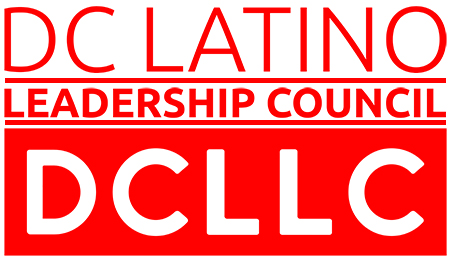Nearly 60 million People in america have already been victims of identification theft, with 15 million customers experiencing theft in 2017. Additionally the target that is latest? Students! Us citizens owe $1.4 trillion in education loan financial obligation — and identity thieves want their bit of the cake.
Education loan fraudulence does occur whenever identification thieves get information that is personal and make use of it to try to get federal figuratively speaking and Pell funds. It may occur to anybody – whether you attend university or perhaps not.
University students are four times much more likely than many other teams to possess their identification taken by individuals they understand, including roommates, family relations and buddies. Phishing e-mail assaults may also be from the increase at colleges.
Exactly just exactly How education loan fraudulence works
Perpetrated by rings or individuals, education loan fraudulence most frequently involves a ringleader and accomplices that are several as “students. ” Utilizing taken information that is personal, accomplices sign up for classes at an university and use for educational funding.
With online enrollment and learning online options, thieves do not have to create base in a registrar’s office or class room. The U.S. Complimentary Application for Federal Student help (FAFSA) system is very at risk of fraudulence because educational funding doesn’t demand a credit check.
When aid that is financial authorized, the institution gets the amount of money, and subtracts out tuition and charges. The remaining stability is disbursed to your “student” for bills. Thieves target schools that charge low tuition, such as easyloansforyou.net/payday-loans-nm/ for example community universities and online universities, because more income is kept up to steal. After cashing away, they fall their classes, making victims regarding the hook for payment.
Top education loan scams
A quantity of frauds target pupils whom currently have figuratively speaking. Not totally all among these frauds include identity theft, nevertheless they will gather your hard-earned cash:
- Advanced charge frauds provide to get better rates of interest or consolidate multiple loans in return for a fee that is upfront. Students can consolidate free of charge at StudentLoans.gov.
- A student is referred to a law firm and asked to make loan payments to the firm while a debt settlement is negotiated in the law firm scam. The company does make the payments n’t, and default does occur, destroying your credit history.
- The financial obligation removal scam guarantees to obtain your loans eradicated, but discharge isn’t feasible unless you have qualifying reason (such as for example identification theft, death or impairment).
- A person claiming to represent the U.S. Department of Education calls and offers you a scholarship or grant if you provide a bank account or credit card to pay a processing fee in the scholarship scam.
Signs you’re a victim of education loan fraudulence
Because you don’t have any student loans if you receive letters or calls regarding student loans, don’t just dismiss them.
Another person might have applied for loans in your title.
Suspicious telephone phone calls from collectors, educational funding workplaces or banking institutions should alert you to definitely dig much much deeper. In the event that you get a disbursement page from the college, some body is getting profit your title.
How to handle it if you’re a target
When you have turn into a target of education loan fraud, work swiftly and decisively to solve the fraudulence, and protect your credit and identity from further harm.
- Seek help early. It could be difficult, confusing and irritating wanting to resolve identification theft by yourself. For expert guidance, find an identity theft resolution solution, for instance the one we provide with every property owners policy.
- Review your credit file for any other fraudulent loans. Identification thieves could have targeted other universities, or applied for charge cards and customer loans in your title. Dispute errors on all three reports.
- Demand a 90-day fraud alert be added to your credit file along with three major credit scoring agencies: Experian, Equifax and TransUnion.
- Report the identity theft together with your police that is local department and acquire an authorities report. It’s also advisable to register an issue with all the Federal Trade Commission.
- Contact the university or college that opened and disbursed the mortgage. Offer documents they may require, including a duplicate of this authorities report. Demand closure that is immediate of loan, and obtain written verification for the documents.
- Contact the financial institution whom originated the learning pupil loan. This can frequently end up being the Department of Education, however in the actual situation of a loan that is private could possibly be a bank or credit union.
- Ask for a release associated with fraudulent loan. The U.S. Federal government will discharge loans acquired fraudulently through identification theft, as soon as you supply the proof that is appropriate.
How exactly to protect your identification in the years ahead
- Don’t share your Federal Student Aid (FSA) ID with anybody. Scammers may use it to loans that are open.
- Secure your information that is personal as pupil ID, Social safety card, and bank and bank card statements, to make certain that buddies and roommates don’t see them.
- Utilize passwords that are secure.
- If schools or banking institutions contact you about figuratively speaking that you didn’t use, give consideration, and act. Whenever companies contact you about services on the current student education loans, don’t consent to pay upfront costs, and don’t forget that a Department of Education seal does not suggest the business is genuine.
